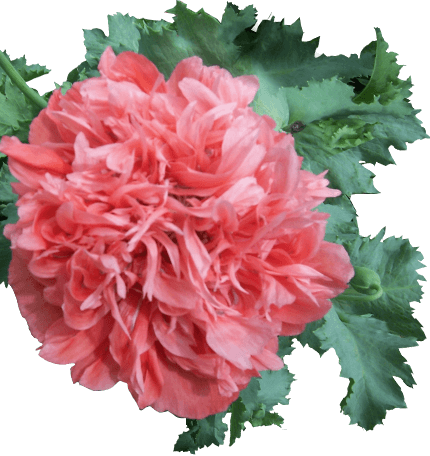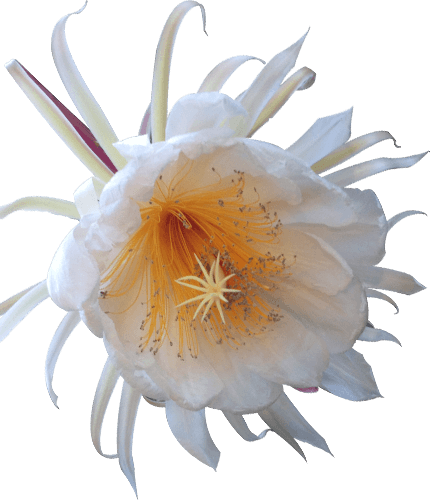
17 Apr 2019
Little Sprouts Kitchen Garden Learning Program
Little Sprouts Kitchen Garden Learning Program
by Aaron Harrison
Schools Education Manager, Botanic Gardens and State Herbarium
The Little Sprouts Kitchen Garden learning program was founded in 2015 with the objective of providing in-garden learning experiences for Early Years students (4 to 8 years of age). Since its inception, the program has become one of Adelaide Botanic Garden’s most popular educational programs, attracting over 4,000 registered participants each year, with outstanding feedback from participating schools.
In 2018 the Kitchen Garden Program was extended to introduce a Primary Years STEM program, available for Year 3 to 7 classes. This Little Sprouts Primary Years STEM program builds on the success of the existing Early Years program and engages students, and their teachers, to use the kitchen garden environment as a research tool to develop their scientific biological conceptual knowledge of the structure and function, diversity and evolution and interdependence of plants.

Teachers, children and Botanic Gardens education staff learning together in the Little Sprouts Kitchen Garden.
“The program gave us the real world hands-on experiences we had been talking about and reading in class. An amazing opportunity to bring the classes’ learning out of the classroom and into our natural world.” – Visiting Teacher to the Little Sprouts Kitchen Garden
New developments in the Little Sprouts Kitchen Garden
We are still expanding the Little Sprouts Kitchen Garden program to ensure we are able to provide fascinating learning experiences for children of all ages and to foster a lifelong connection with plants.
For example, we recently launched a new Bees and Pollination Program targeted at Year 3-7 students. Participating students are invited to investigate the essential role bees have in pollinating plants and will see how we attract native bees into the Garden.

